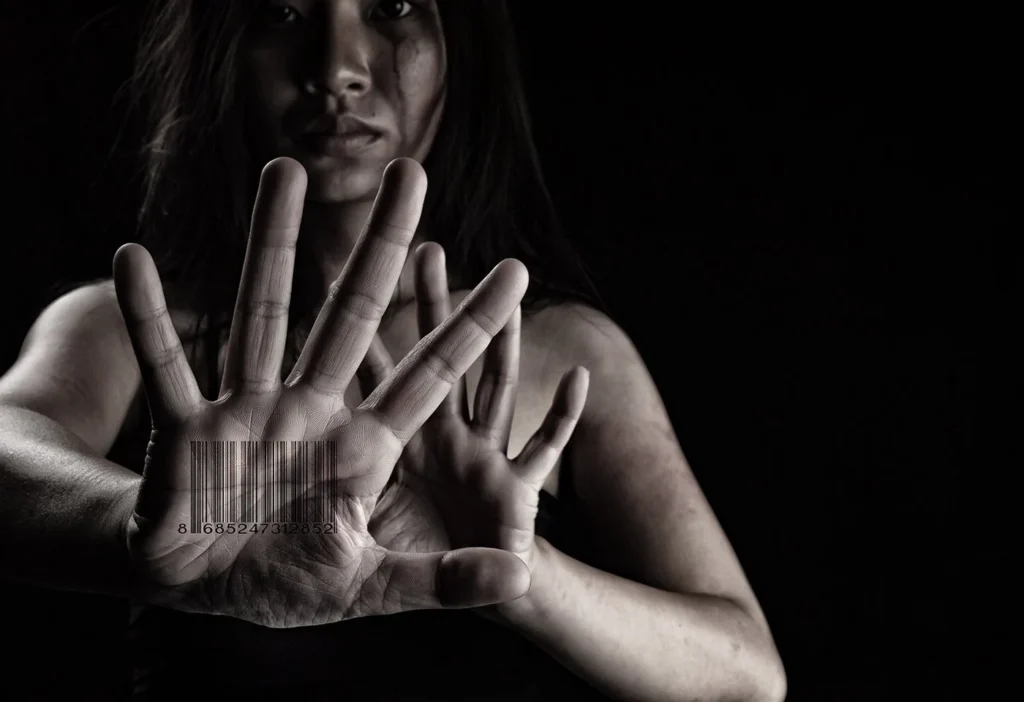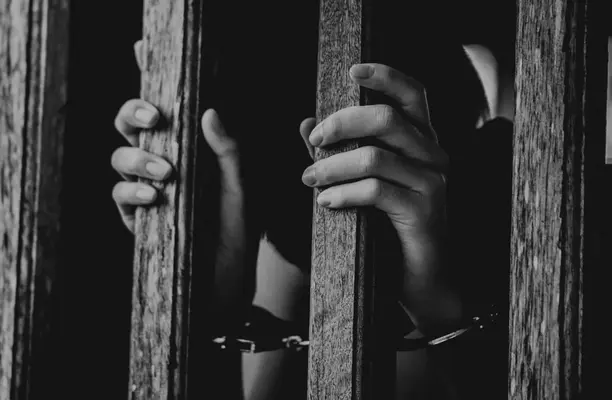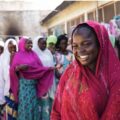By Bababunmi Agbebi
Edited by Ezennia Uche
Human trafficking has become a global crisis, with tens of thousands of men, women, and children falling victim every year to organised criminal networks that exploit them for forced labor, sexual slavery, and other abuses. The crime, which generates billions of dollars annually, affects nearly every country in the world — as a place of origin, transit, or destination.
The United Nations Office on Drugs and Crime (UNODC) is leading international efforts to curb the menace. Backed by the United Nations Convention against Transnational Organised Crime (UNTOC) and the Trafficking in Persons Protocol, the UNODC works with governments to strengthen laws, protect survivors, and prosecute offenders.
The protocol defines trafficking as acts such as recruitment, transportation, transfer, harbouring, or receipt of persons, carried out through coercion, fraud, abduction, abuse of power, or exploitation of vulnerability. It provides a framework for countries to criminalise trafficking and adopt victim-centred policies.
Despite progress, traffickers are becoming more sophisticated. They now use digital platforms to recruit victims, move them across borders more efficiently, and inflict deeper harm while maximising profits. The criminal justice response, experts warn, remains inadequate.
This year’s global campaign theme, “Human Trafficking is Organised Crime: End the Exploitation,” underscores the urgency for stronger action. The UN has called on governments to:

Strengthen legal frameworks and enforcement mechanisms.
Conduct intelligence-led investigations.
Expand cross-border collaboration.
Target financial structures that fund trafficking.
Use technology to detect and dismantle trafficking networks.
While governments bear primary responsibility, experts stress that civil society, the private sector, and citizens also play vital roles in breaking the cycle of exploitation.
Human trafficking is not a remote issue. It is a daily reality that robs victims of dignity, freedom, and future. Only through collective, sustained, and victim-focused action can the world confront this organised crime and uphold the fundamental rights of all individuals.








